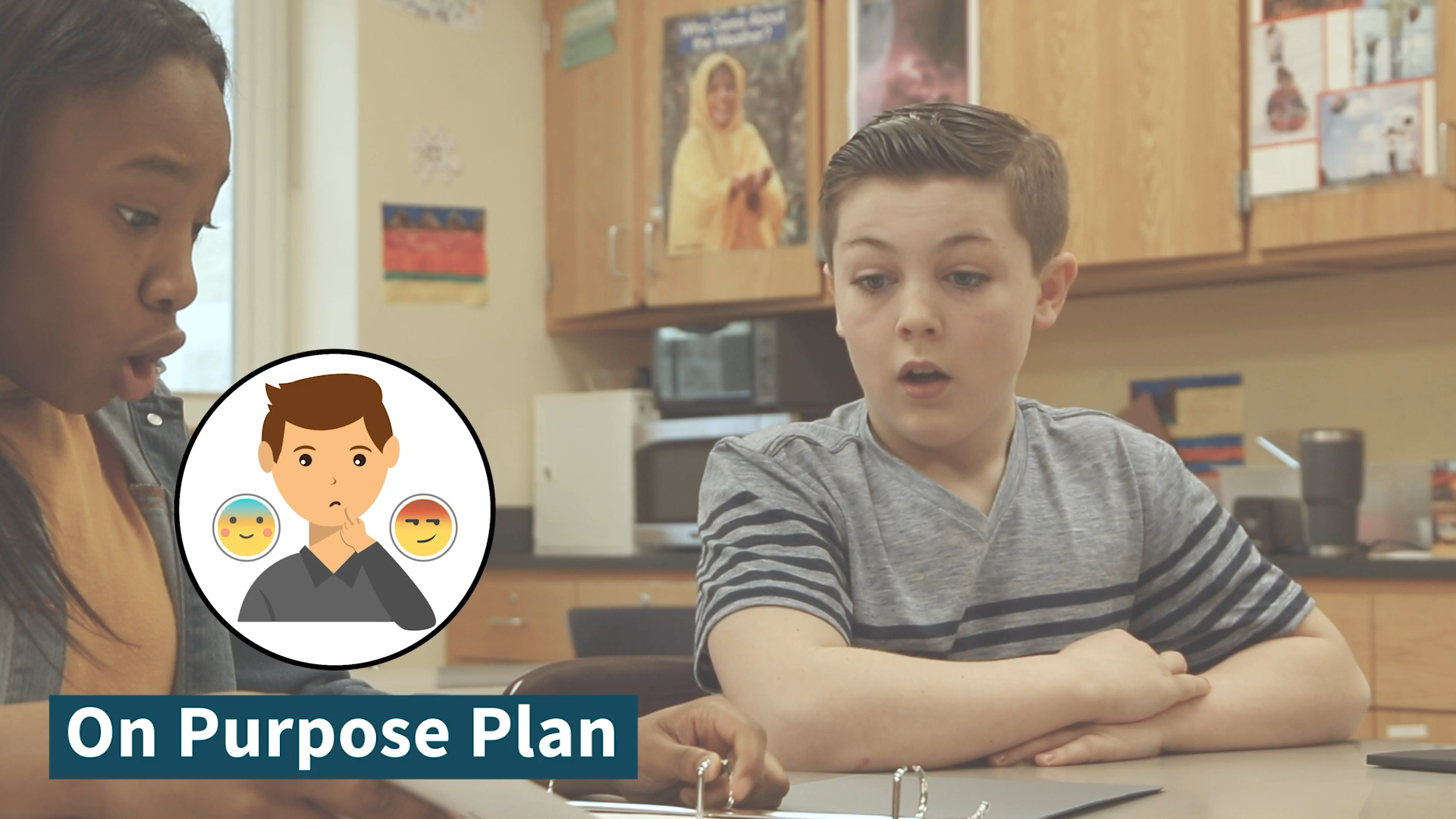Introduction
As educators, it’s important to teach our PreK students how to navigate social situations and understand the intentions behind actions. One useful strategy is the On Purpose Plan, which helps students determine whether an action was done on purpose or by accident. By observing reactions, facial expressions, and tone of voice, students can learn to differentiate between intentional and accidental actions and better manage their emotions in social situations.
No-Prep Activity
To help students learn and practice the On Purpose Plan, try this simple no-prep activity:
- Divide the class into pairs or small groups.
- Present a series of scenarios to the class in which an action might be on purpose or accidental (e.g., someone spills a drink, someone takes a toy).
- Ask each pair or group to discuss the scenario and decide whether the action was on purpose or accidental, using the On Purpose Plan.
- Encourage students to share their thoughts and reasoning with the class.
This activity helps students practice their observation and reasoning skills while applying the On Purpose Plan to real-life situations.
Discussion Questions
After completing the no-prep activity, use these discussion questions to further explore the concept:
- How did you feel when you had to decide if an action was on purpose or accidental? What clues did you look for?
- Can you think of a time when you misunderstood someone’s intentions? How did it affect your relationship with that person?
- Why is it important to understand the intentions behind actions in social situations?
- How can practicing the On Purpose Plan help us be more empathetic and understanding towards others?
Related Skills
Beyond the On Purpose Plan, there are other relevant skills that can help PreK students develop healthy social-emotional habits. Some of these skills include:
- Active listening
- Empathy
- Conflict resolution
- Emotion regulation
- Assertive communication
Next Steps
Teaching the On Purpose Plan is just one way to help PreK students develop vital social-emotional skills. To explore more resources and sample materials, sign up for free samples at Everyday Speech. By incorporating social-emotional learning strategies in your classroom, you can help your students build a strong foundation for lifelong success in social situations.






